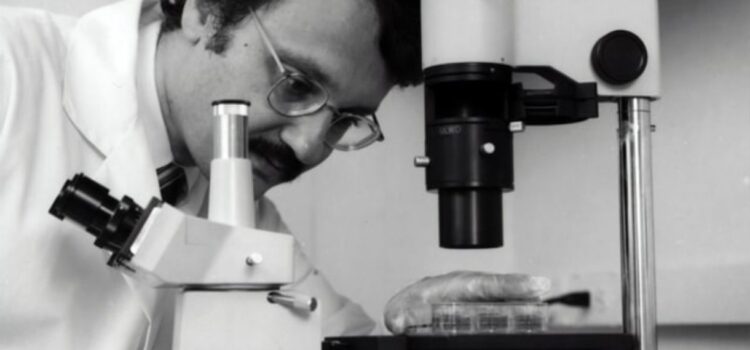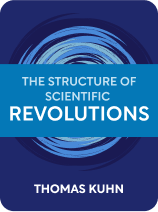

This article is an excerpt from the Shortform book guide to "The Structure Of Scientific Revolutions" by Thomas Kuhn. Shortform has the world's best summaries and analyses of books you should be reading.
Like this article? Sign up for a free trial here .
What is logical positivism? What is the main criticism of this philosophy?
Logical positivism is a philosophy that states that the only problems worth considering are those which can be solved through observation or logic. Following this logic, scientific paradigms should only work for the specific phenomena they’ve been tested for, and only under those same conditions.
Read more to learn about logical positivism philosophy and its criticism.
What Is Logical Positivism?
It seems like, in theory, science should be able to progress without revolutions. Many people believe that—if not for human error—science would add perfectly onto itself, with no need to reject and overthrow old paradigms. This is largely based on the idea that what we call “knowledge” is a human construct put onto observed data, which would imply that any errors in our knowledge must stem from our interpretations of the facts.
However, even if humans were perfectly logical and never made mistakes, it’s unlikely that normal science alone would be sufficient. But many different and incompatible theories can explain the same observations. Until some new information makes one seem more plausible than the others, even a perfect scientist would have no way of knowing which theory is the correct one.
Also, scientists will tend to look for problems that should be solvable with current knowledge and techniques, and novel discoveries only happen when the knowledge proves to be wrong. Therefore, if humans never made mistakes, major discoveries would never happen. The only means of gathering knowledge at that point would be slow accumulation by normal science, without the sudden leaps that revolutionary science allows.
Refuting the Philosophy
Logical Positivism is a philosophy that states that the only problems worth considering are those which can be solved through direct observation or logical reasoning. One side effect of this is the belief that any paradigm that has been used effectively must be correct—the paradigm has been observed to work, therefore it’s correct.
The theory of scientific revolutions is not a popular one. Many people believe that new paradigms must be either offshoots of, or additions to, current paradigms. They would argue that an entire paradigm doesn’t get overthrown, only those parts of it that are provably wrong; and, furthermore, that those parts are based in human error, not a fundamental flaw in the paradigm. The paradigm as a whole must work, because it has been observed to work.
We should reject this logical positivism as a view of science. Following that logic, paradigms should only work for the specific phenomena they’ve been tested for, and only under those same laboratory conditions. If only things that have been observed can be considered true, then extrapolation—which is crucial to science—would be impossible.
Consider this: If there were not some critical, unresolvable difference between an old paradigm and a new one, there would never be scientific crises. In that case, any anomalies would be explained by the current paradigm and a new one would never be needed. Therefore, the very fact that such crises exist shows that the logical positivist view is flawed.
New paradigms are fundamentally incompatible with preceding ones, and establishing a new paradigm requires that the old one be rejected, right down to its fundamental beliefs and its scientific rules. When that happens, the entire field may need to be redefined. Old problems are shunted to different fields, or brushed aside as unscientific. New problems, or problems that weren’t considered worth the field’s time before, may become the central focus of that field.
In short, the normal sciences practiced under different paradigms are not just incompatible, they’re completely incomparable. The new paradigm bears no relation to the old one, yet both have been observed to work, so logical positivism can’t be correct.

———End of Preview———
Like what you just read? Read the rest of the world's best book summary and analysis of Thomas Kuhn's "The Structure Of Scientific Revolutions" at Shortform .
Here's what you'll find in our full The Structure Of Scientific Revolutions summary :
- How scientific paradigms evolve and become replaced with new paradigms
- Why science is more about figuring out what isn't right
- How throwing out past achievements allows for scientific progress






